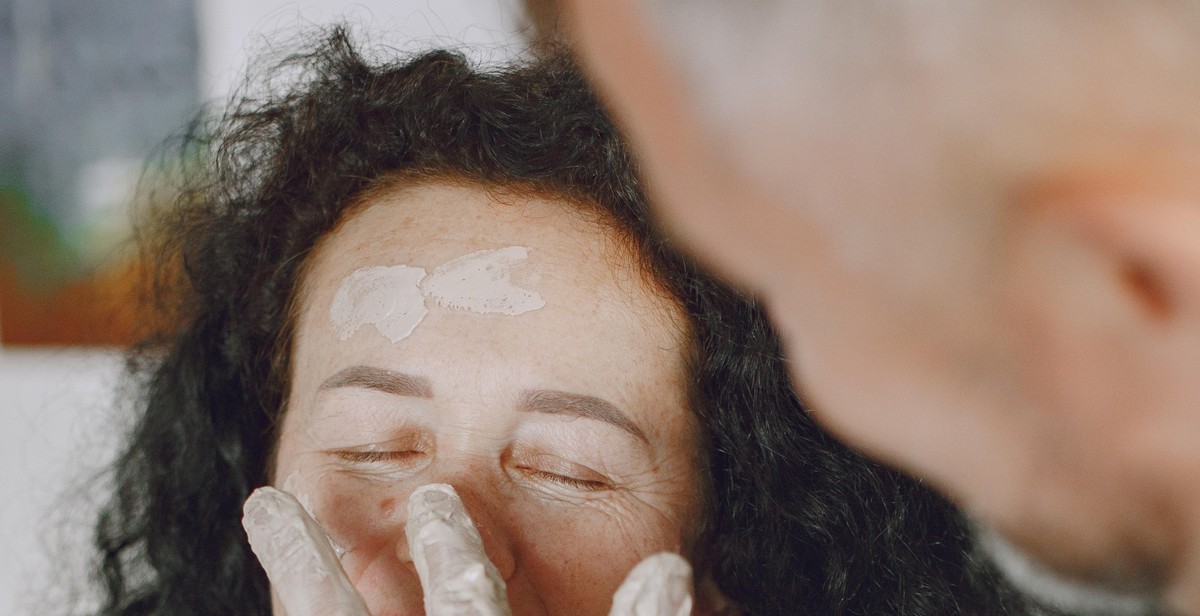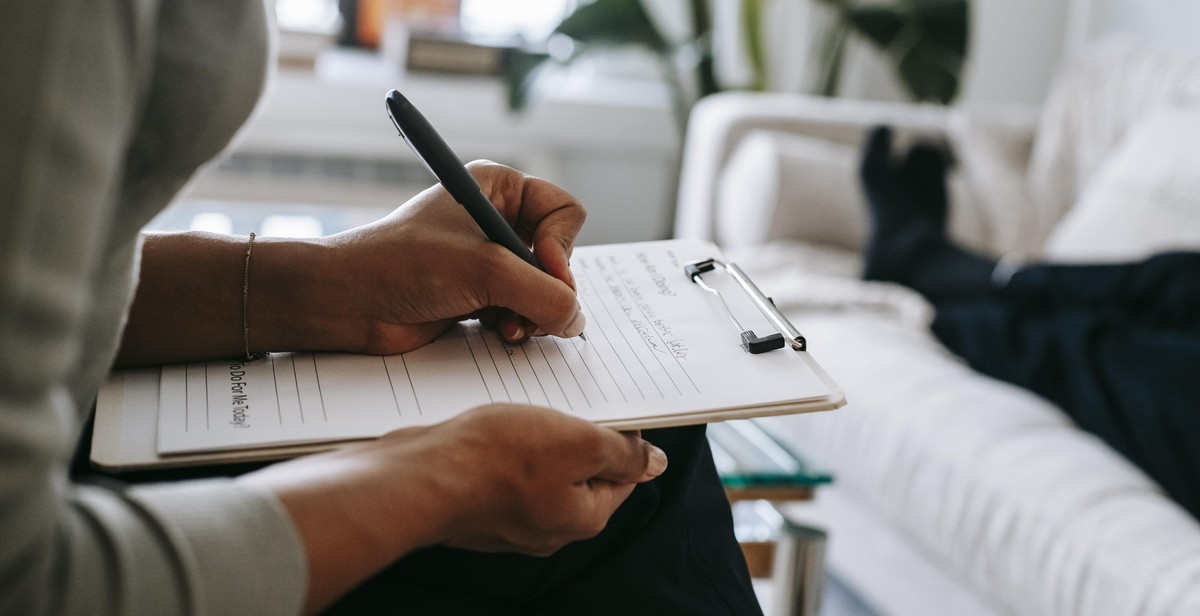An Inside Look at Therapy: What to Expect in Your First Session
Going to therapy for the first time can be a nerve-wracking experience. You may be unsure of what to expect or how to prepare. However, taking the first step towards seeking help is a courageous decision that can lead to positive changes in your life.
In this article, I will provide an inside look at what to expect in your first therapy session. As a professional and highly experienced article writer and content creator, I have personal experience with therapy and understand the importance of feeling comfortable and informed before starting the process.
What is Therapy?
Therapy, also known as counseling or psychotherapy, is a form of mental health treatment that involves talking to a trained mental health professional about your thoughts, feelings, and behaviors. The goal of therapy is to improve your overall well-being and quality of life by addressing any issues that may be causing distress or interfering with your daily functioning.
What Happens in Your First Session?
Your first therapy session will typically involve an initial assessment where the therapist will gather information about your current concerns, medical history, and personal background. This information will help the therapist develop a treatment plan tailored to your specific needs and goals.
- You will be asked to fill out paperwork, including a consent form and a questionnaire about your current symptoms and history.
- Your therapist will introduce themselves and explain their approach to therapy.
- You will have the opportunity to ask questions and express any concerns you may have.
- Your therapist will ask you about your reasons for seeking therapy and what you hope to gain from the experience.
Overall, your first therapy session is a chance to get to know your therapist, ask questions, and start developing a plan for your treatment. It’s important to remember that therapy is a collaborative process, and your therapist is there to support and guide you on your journey towards healing and growth.

Why Therapy is Important
Therapy is an essential tool for maintaining mental health and wellbeing. It can help individuals cope with difficult situations, improve relationships, and promote personal growth and self-discovery. Here are some reasons why therapy is important:
Mental Health and Wellbeing
Therapy provides individuals with a safe and confidential space to discuss their thoughts and feelings. It allows them to work through any mental health issues they may be experiencing, such as anxiety, depression, or trauma. A therapist can provide support, guidance, and coping strategies to help individuals manage their symptoms and improve their overall mental health and wellbeing.
Coping with Difficult Situations
Life can be challenging, and therapy can help individuals cope with difficult situations such as relationship problems, work-related stress, or the loss of a loved one. A therapist can provide a non-judgmental and supportive environment to help individuals process their emotions and develop effective coping mechanisms.
Improving Relationships
Therapy can also help individuals improve their relationships with others. It can provide a space for couples or families to work through conflicts and improve communication. A therapist can help individuals identify and address any underlying issues that may be causing problems in their relationships.
Personal Growth and Self-Discovery
Therapy can also be a tool for personal growth and self-discovery. It can help individuals better understand themselves, their values, and their goals. A therapist can provide guidance and support as individuals work towards becoming the best version of themselves.
- Therapy is essential for maintaining mental health and wellbeing.
- It can help individuals cope with difficult situations.
- Therapy can improve relationships with others.
- It can be a tool for personal growth and self-discovery.
Overall, therapy is an important tool for anyone looking to improve their mental health, cope with difficult situations, improve their relationships, or promote personal growth and self-discovery.

Choosing a therapist
Research shows that therapy is an effective way to alleviate mental health issues. However, finding the right therapist can be a daunting task. Here are some factors to consider when choosing a therapist:
Researching potential therapists
Before choosing a therapist, it is important to research potential candidates. You can start by asking for referrals from friends, family, or your primary care physician. You can also search online for therapists in your area. Make sure to read reviews and check their qualifications and credentials.
Factors to consider when making a choice
When choosing a therapist, there are various factors to consider, including:
- Therapist’s specialization: Consider a therapist who specializes in the type of issue you want to address.
- Location: Choose a therapist who is located close to you to make it easier to attend sessions.
- Cost: Consider the cost of therapy and whether it is covered by your insurance.
- Availability: Choose a therapist who has availability that fits your schedule.
- Therapeutic approach: Consider the therapist’s therapeutic approach and whether it aligns with your preferences.
Questions to ask during the initial consultation
During the initial consultation with a potential therapist, it is important to ask questions to determine if they are a good fit for you. Some questions to ask include:
- What is your experience in treating my condition?
- What is your therapeutic approach?
- What are your fees and do you accept insurance?
- What is your availability?
- How long do you expect therapy to last?
Remember, therapy is a collaborative process, and it is essential to find a therapist who you feel comfortable working with and who can help you achieve your goals.

Preparing for Your First Therapy Session
Going to therapy for the first time can be a nerve-wracking experience, but it doesn’t have to be. By preparing yourself both emotionally and practically, you can ensure that your first session goes smoothly and sets the foundation for successful therapy.
What to Expect
During your first therapy session, your therapist will likely spend time getting to know you and your reasons for seeking therapy. They may ask questions about your background, your current situation, and your goals for therapy. You can expect to talk about your emotions, thoughts, and behaviors, and your therapist may offer feedback and guidance.
What to Bring
It’s a good idea to bring a few things with you to your first therapy session, including:
- A form of identification, such as a driver’s license or passport, in case your therapist needs to verify your identity
- Your insurance card, if you have one
- A list of any medications you are currently taking
- A notebook and pen to take notes
How to Prepare Emotionally
It’s normal to feel nervous or anxious before your first therapy session. To help ease your nerves, try the following:
- Remind yourself that seeking therapy is a positive step towards improving your mental health and well-being
- Take some deep breaths or do some relaxation exercises to calm your nerves
- Be honest and open with your therapist – they are there to help you, not judge you
Remember that therapy is a process, and it may take some time to see progress. But by preparing yourself for your first session, you are setting yourself up for success in therapy.

During the Session
Once you have established a connection with your therapist, the first session usually involves getting to know each other. The therapist will likely ask you some questions about your background, current situation, and what brought you to therapy. This is an opportunity for you to share your concerns and begin to explore potential solutions.
Establishing Rapport with Your Therapist
Building trust and rapport with your therapist is crucial for the success of therapy. During the first session, your therapist will try to create a safe and non-judgmental environment where you feel comfortable to share your thoughts and feelings. They may ask you questions about your past experiences, relationships, and current challenges to get a better understanding of your situation.
It’s important to remember that therapy is a two-way street. You should also take the time to ask your therapist questions about their approach, experience, and qualifications. This can help you feel more comfortable and confident in their ability to help you.
Discussing Your Concerns
The bulk of the first session will likely involve discussing your concerns and reasons for seeking therapy. Your therapist may ask you to describe your symptoms, such as anxiety, depression, or stress. They may also ask you about any past experiences that may be contributing to your current situation.
It’s important to be honest and open during this part of the session. Your therapist is there to listen and support you, and they can only help if they have an accurate understanding of your situation.
Exploring Potential Solutions
Once you have discussed your concerns, your therapist will likely begin to explore potential solutions with you. They may suggest different techniques or approaches that can help you manage your symptoms or improve your situation.
It’s important to remember that therapy is a collaborative process. You and your therapist will work together to identify the best approach for your unique situation. You may need to try different techniques or approaches before finding what works best for you.
| Tip: | Take notes during your first session. This can help you remember important details and insights that may come up during the session. |
|---|

After the Session
After your first therapy session, it’s important to take some time to reflect on what was discussed. You may have uncovered some deep emotions or thoughts that require further exploration. Take some time to think about what was discussed and how it made you feel.
Before leaving, your therapist may ask you to complete any necessary paperwork, such as consent forms or insurance information. This is important to ensure that your therapy sessions are properly documented and that your therapist has all the necessary information to provide you with the best care possible.
It’s also important to schedule future appointments with your therapist. Depending on your specific needs, your therapist may recommend weekly, bi-weekly, or monthly sessions. It’s important to commit to these appointments to ensure that you’re making progress in your therapy journey.
Final Thoughts
Remember that therapy is a process and it takes time to see significant progress. Don’t be discouraged if you don’t see immediate results after your first session. Continue to attend your scheduled appointments and be open and honest with your therapist about your thoughts and feelings.
- Reflect on the session
- Complete any necessary paperwork
- Schedule future appointments
